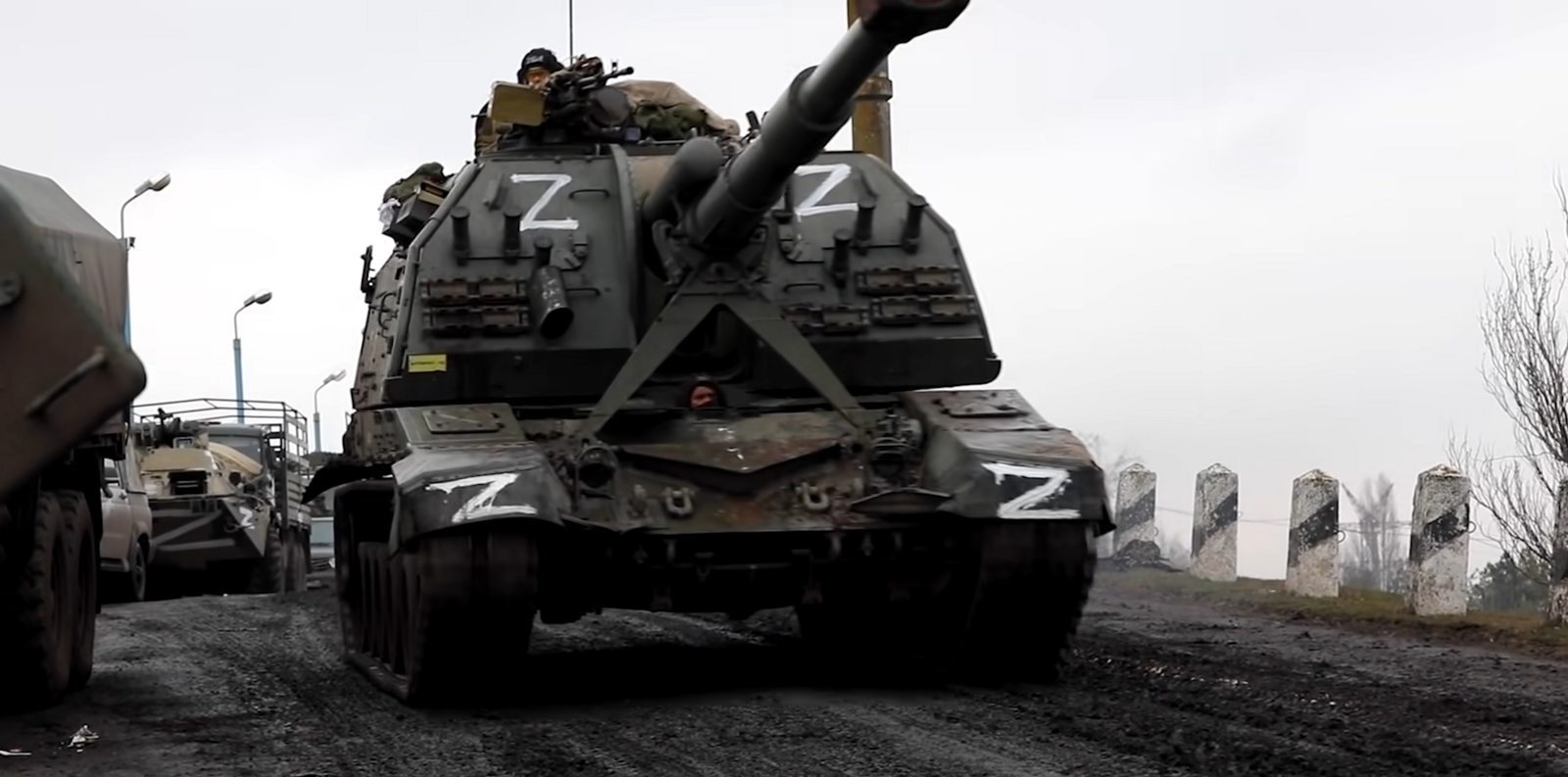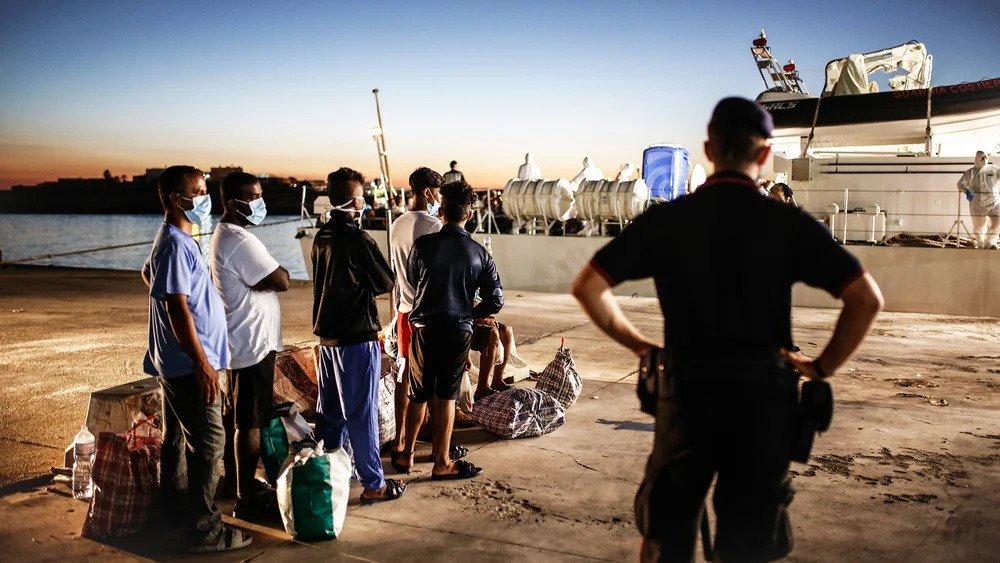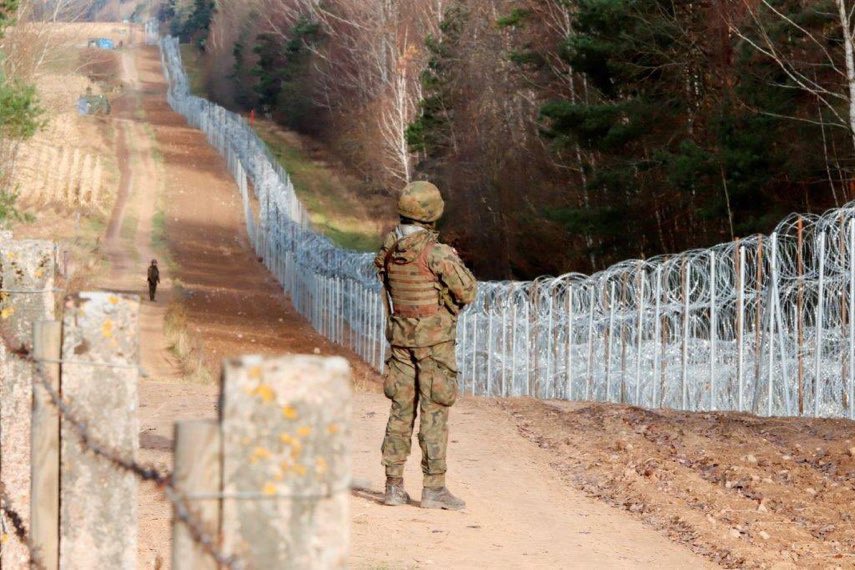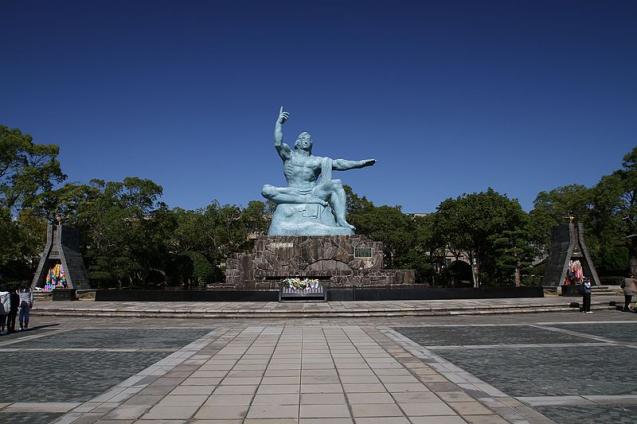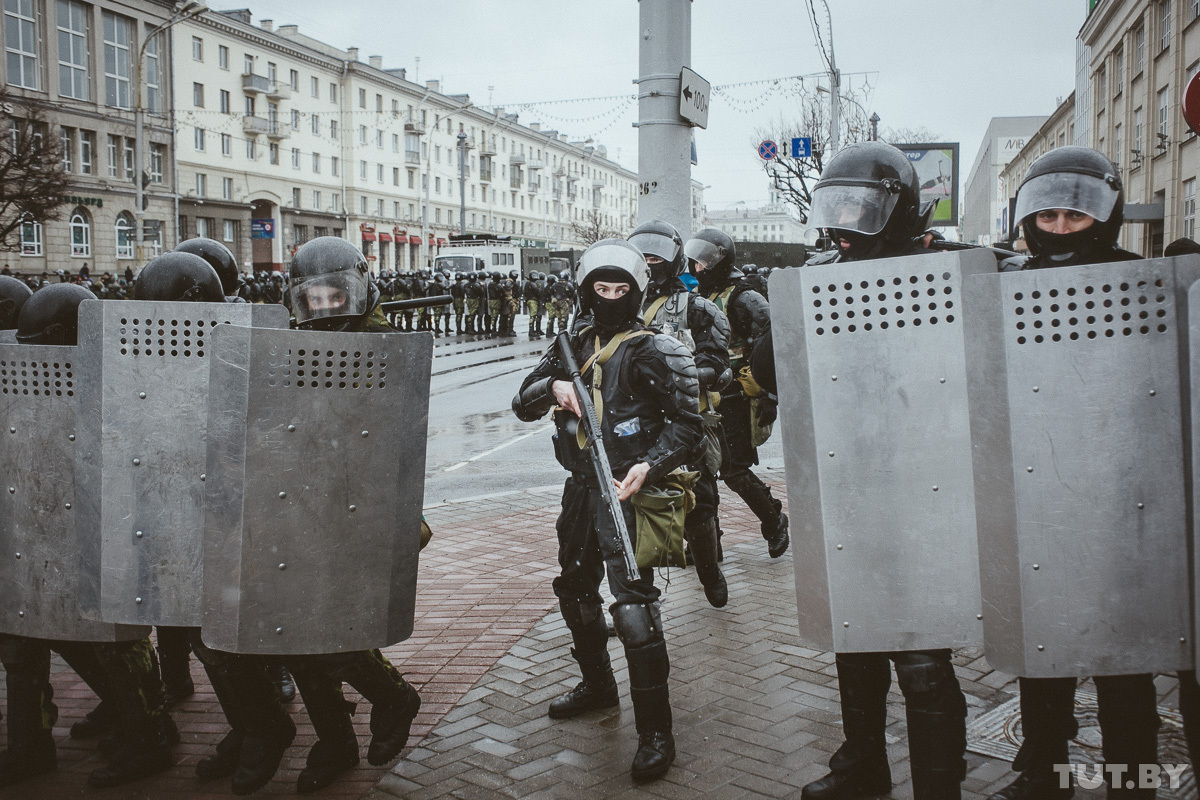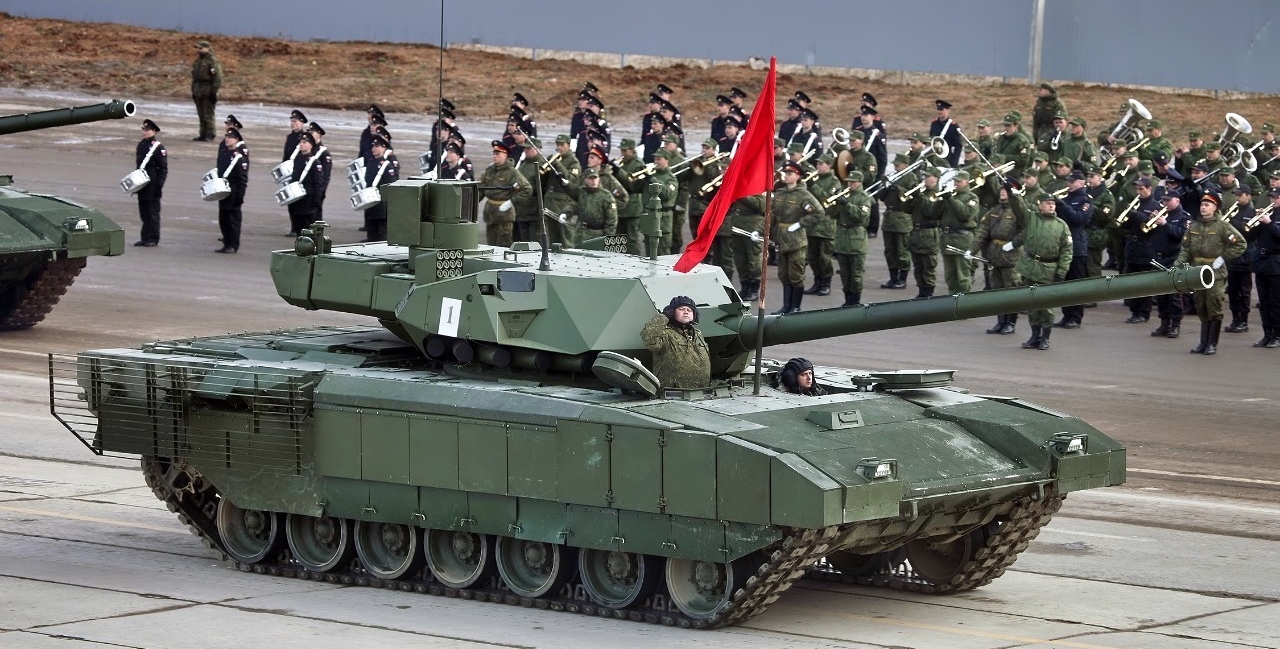
Belarusian political prisoners as pawns in power game
NATO launched a new exercise dubbed Eastern Sentry in response to the ongoing joint Russia-Belarus military exercise dubbed Zapad (West), which involves thousands of troops, naval maneuvers in the Baltic Sea, and simulated nuclear strikes. Yet two US military observers were invited to Belarus to observe the Zapad exercise, standing on a viewing platform to review forces from the same Russian army that is fighting in Ukraine. This appears to be part of a US rapprochement with Belarus, coming days after 52 Belarusian political prisoners were released in a US-brokered deal. However, the dissidents protest that they were expelled to Lithuania and not given the choice of remaining in their own country. One, former Belarusian presidential candidate Mikola Statkevich, has already been returned to a penal colony after refusing to accept exile. (Photo of Russian T-14 Armata tank via National Security Journal)



